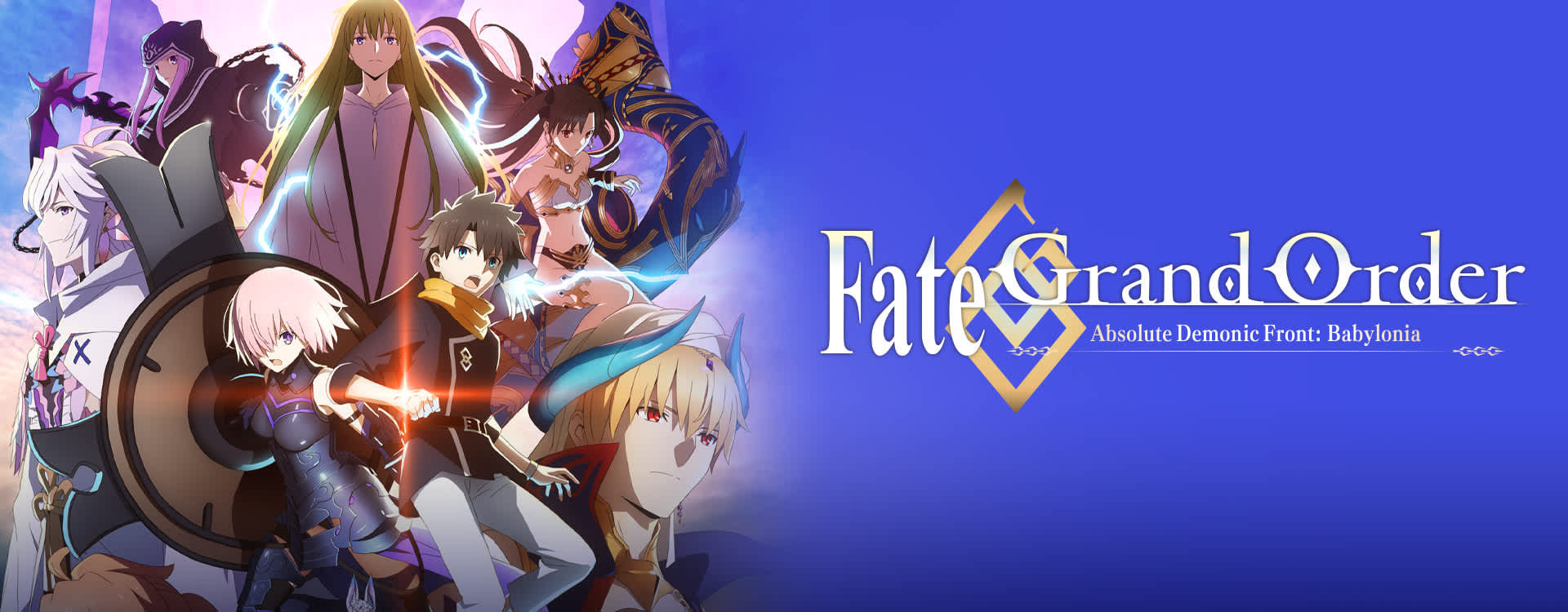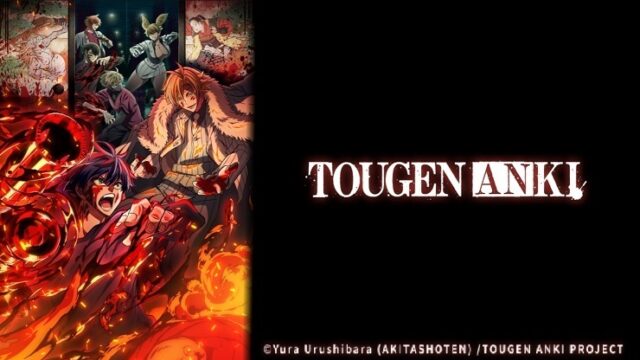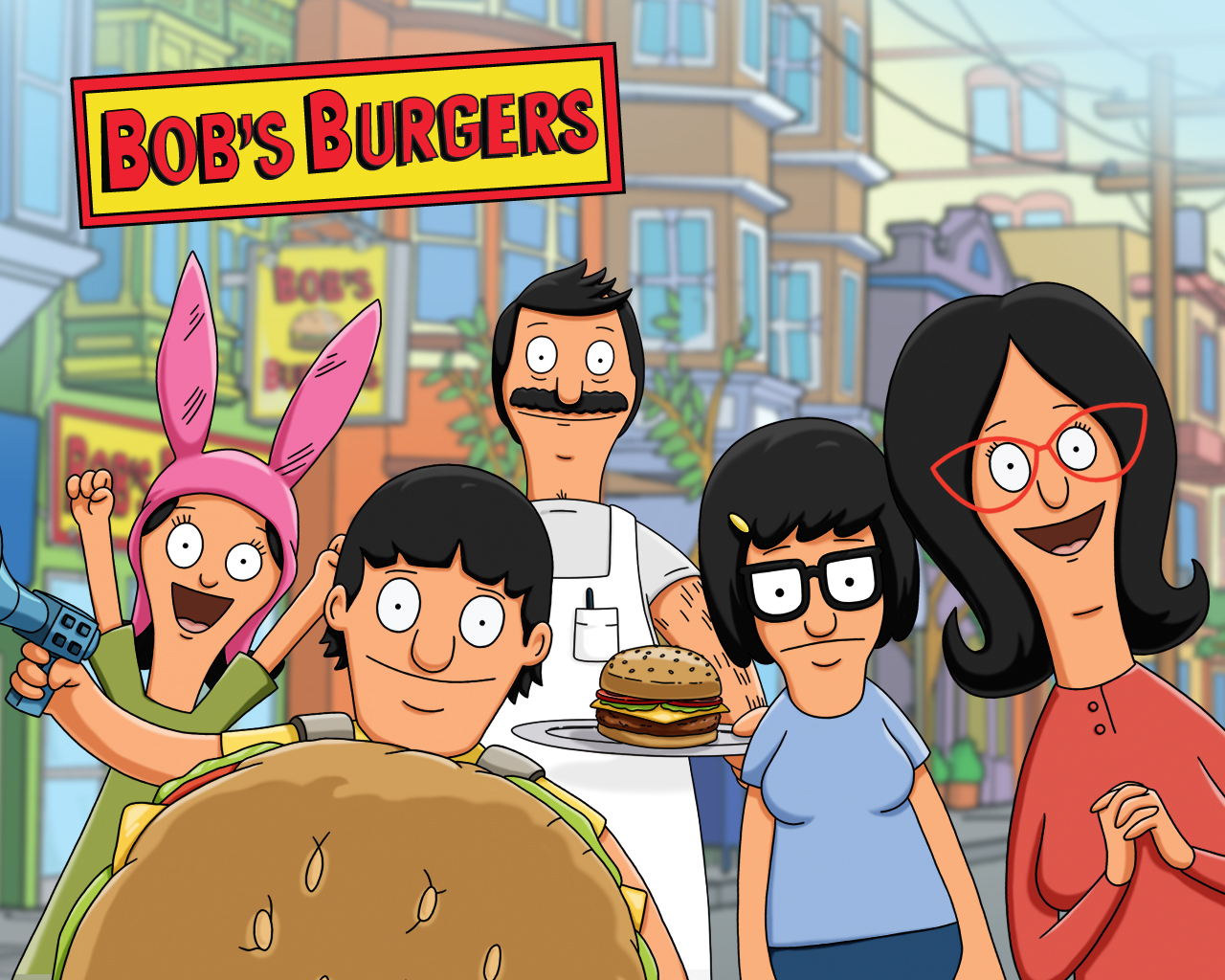English Dub Review: Fate/Grand Order Absolute Demonic Front: Babylonia, “The King and His People”
Overview (Spoilers Below)
Gilgamesh asserts his rule over Uruk, as Ritsuka, Mash, and Ana are put to the test. An old face returns, more new faces appear, and more light is shown on some of the darkness in the fortress city.
Our Take
Like the previous episode, this one begins with a flashy, high octane battle. There isn’t much new to be said about the animation here; it’s still in very good form and fun to watch.
Gilgamesh talks a very big game, but he also plays a very big game. He handles Mash and Ana with tremendous ease in combat and it appears his handle on Uruk is just as strong. Overpowered characters like him tend to be very predictable. They either remain perfect and continue to succeed, which is boring. Or they fall to the earnest machinations of a protagonist, which is cliche. From my limited knowledge of the Fate series, different versions of Gilgamesh seem to always appear in this fashion.
We see the young woman who appeared in the first episode once again, now revealed to be Ishtar, one of the three goddesses threatening humanity. This revelation isn’t a big surprise as this was alluded to via narrative context, nor does this justify her annoying personality. She is still the tsundere anime girl trope, even effortlessly spouting the infamous stereotypical line, “It’s not like I did this for you or anything!” To anyone who is familiar with Fate, this is obviously an iteration of the Rin Tohsaka character, one of the earliest and most famous examples of the tsundere girl. Ishtar thus far is completely subservient to that role, doing nothing to expand upon or even break that tradition. At this point, her character is only there to pander to hardcore fans of the franchise.
Hopefully, perhaps the plot will open up more opportunities to flesh her out. The contrast between Gilgamesh and Ishtar does nothing for their characters individually, but it does provide a fascinating narrative point. Ishtar is in an alliance of goddesses whose primary goal is to destroy Uruk. However, whenever she attacks its defenders, she is incredibly reluctant to do so. It seems, for her at least, that her true enemy is not Uruk but the man who has control of it, Gilgamesh. Though Ishtar is portrayed as a villain right now, there may be some truth in her reticence. Gilgamesh’s reign as king has benefitted Uruk, but his track record as a tyrant, as well as his incredibly haughty attitude, proves that his rule might have some crueler implications to it.
Ritsuka and Mash are given menial work to do and new allies to take in and greet. This may all bear fruit in the future, but for this episode the only other real person of interest is Ana.
We saw Ana’s tough exterior softened before by kindness and that trend continues here. Her adorable responses to the sweets she is offered adds some innocence to her character. This, along with her backstory and the mystery of why she was summoned, blend together to create intrigue. That said, she is not completely in the dark. She clearly knows more than she lets on to Ritsuka and Mash and has them assist her to an end she only knows. Her intentions seem good enough now, but the entire picture still eludes us.
As for our protagonists, Ritsuka and Mash do make attempts to move things along but are consistently superseded by the various tasks in Uruk. This works right now because we get more opportunities to learn about the setting. At some point though, there should come a time where they feel compelled to strike out on their own accord. Otherwise, they will have basically no agency in this story, an aspect ill-befitting engaging characters, let alone protagonists.
























"There are also other characters that come and go (also owned by the Warner Bros. Discovery conglomerate media company)."
Huh. Is that just referring to other characters from the show itself, or is this implying that the new season is going to have cameos from other WBD IPs